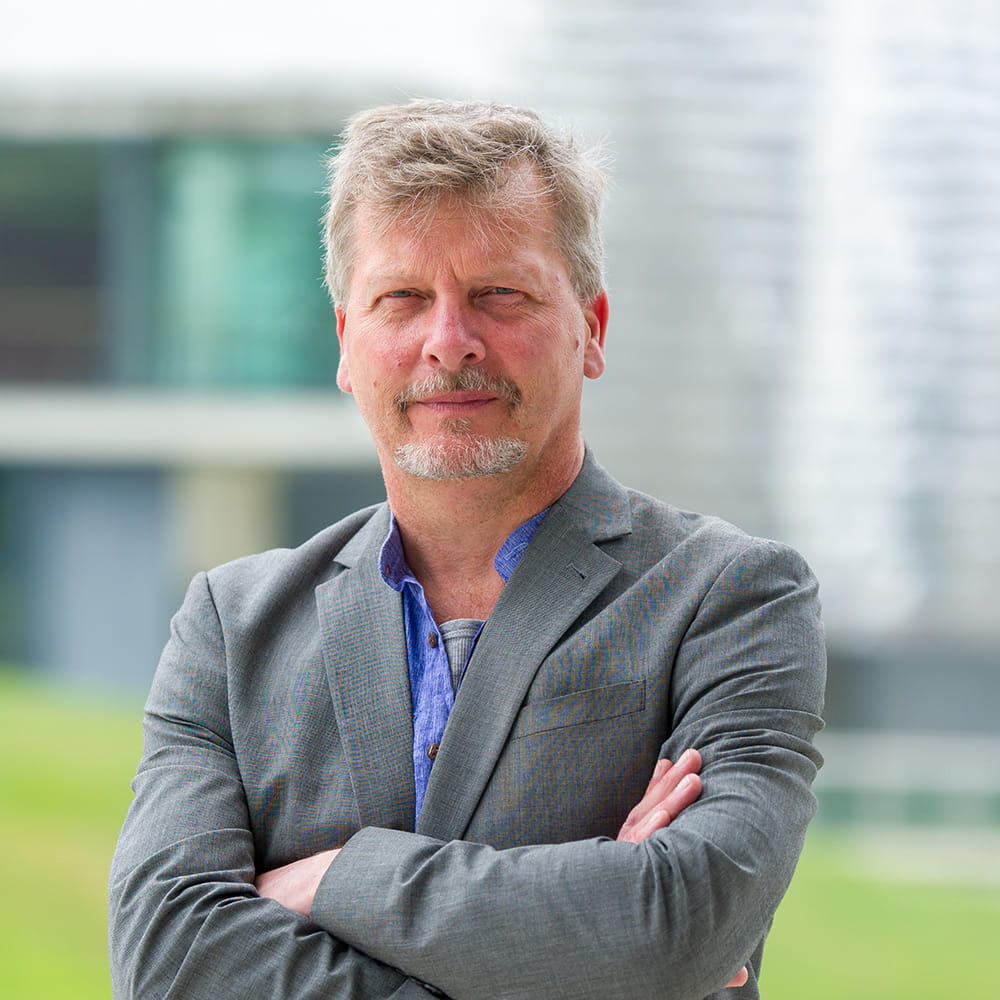The University of Essex will mark 40 years of pioneering work in the world of human rights by hosting a special conference reflecting on the past, present and future of the human rights agenda.
Centre director Dr Andrew Fagan has taught and lectured on human rights across the world; including in Central Asia, East Asia, Europe, South East Asia and North and South America. Having witnessed constant change around the globe during his two decades teaching at Essex, he explains why the work of the Centre has never been more important:
“Human rights are one of the central building blocks and foundation stones of the modern world. So much of our legal, political, social, and economic lives are shaped by human rights. Without human rights, our lives and our world would be very different to how they are now.
“Human rights ground our opportunities to determine how we are governed, whilst also imposing necessary limits upon the exercise of political power. Human rights also ground our access to health-care, education, freedom of religion, privacy, who we love and who we are.
“Human rights are, therefore, of utmost importance.
Avoiding complacency
“While human rights are of the utmost importance to all of us, not everyone believes that human rights should be taken so seriously. Not everyone agrees that all of us are entitled to all of our fundamental human rights.
“While deeply regrettable, human rights scepticism continues to challenge the work all within the global human rights community undertake.
“While it is tempting, and sometimes entirely reasonable, to dismiss the doubts of others as amounting to little more than prejudice and ill-will, the challenges we face serve to remind us all of the need to avoid complacency by developing stronger, more effective and sometimes more accessible justifications for human rights.
“This effort has been central to the work of the HRC during the past 40 years.
The Essex Approach
“Defending human rights through research, education, and outreach requires the talents and academic expertise of a very diverse community of people. From its earliest days, Essex has made interdisciplinarity a defining feature of our work.
“Building upon the essential knowledge and expertise of our human rights lawyers, we have expanded the Essex human rights’ tool-box to include the expertise of academic colleagues spanning the humanities, social sciences, and even, the natural sciences.
“Essex has shaped the global human rights agenda through persistently forming alliances between our multi and interdisciplinary academic community with policy-makers and practitioners across the globe.
Towards an uncertain future
“We are rightly proud of the work we have accomplished over the past 40 years. As we are all aware however, the future is increasingly uncertain and unpredictable. New global and domestic challenges arise in rapid succession.
“The HRC will continue to promote and protect human rights through our work in areas such as big data and technology, business and human rights, conflict, freedom of religion, health-care, poverty and social rights, and transitional justice.
“We also intend to bring our expertise to bear upon the environment and human rights, as one of the fundamental challenges confronting humankind.”

